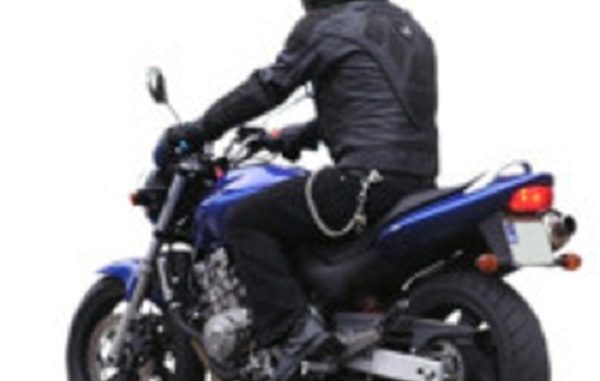
Motorbikes first came into their own as messenger bikes during the First World War and were adopted by the police in Britain and America because of their speed and nippiness.
Sidecars became the preserve of the adventurous woman and flappers, before the girls finally discovered leather and saddled up.
Nowadays motorbikes are used for providing emergency health services in both urban and rural landscapes, as well as being the preferred mode of delivery vehicle in congested cities.
But motorbikes still fulfil their remit as a fast and fun leisure vehicle, made cool by the likes of Brando and James Dean, but are also most often the favourite transport of middle-aged men – and women – who enjoy the freedom and challenge of riding a machine which has a reputation or being too hot to handle.
The downside is that motorcyclists frequently suffer serious injury in road traffic accidents – and often those injuries can be life changing or even fatal.
Motorcyclists unfairly have a reputation for being the bad boys of the road, ripping it up, cutting you up and eventually coming to grief through their own love of speed and no rules attitude.
This isn’t strictly true, as biking requires enormous skill, immense concentration and admirable stamina, which other road users may not give them credit for.
The main problem with mixing motorbikes and other road users is that frequently other road users fail to spot them – or think motorbikes are so fast and nippy they can just get out of the way.
Most vehicles also have a blind spot and fail to see a motorbike coming up on their rear side – or drivers fail to stop or misjudge a motorbike’s speed at junctions and pull out in front of them or cause a side impact collision.
Motorcyclists suffer injuries like amputation, fractures, burns, traumatic head/brain injuries and internal injuries. Often they can be trapped beneath their bike and another vehicle in a road accident – or dragged along the road as a result of not being able to dismount after a crash and turn off the engine.
Bikers are not necessarily responsible for such accidents, but for some reason the same reasons that make motorcycling such an exhilarating past-time also have earned it a reputation for being the favourite sport of daredevils who should not be allowed on the road. However, other road users leaving oil spills on the road or not signalling clearly can result in a motorcyclist being maimed for life or killed. If all road users stuck to the Highway Code and maintained their own vehicles, fewer motorcyclists might end up in hospital.
A lack of understanding of what is involved in riding a motorcycle can make other drivers unsympathetic – motorbikes, for example, often have a wet clutch system which means they can slow down with using their brakes. This means other road users have to judge whether they are stopping or slowing, as no brake lights will appear when this system is used. Observing other road users is paramount to road safety, but all too often all road users switch off while driving along and that is when road traffic accidents can occur.
The motorbike has proved its value over the decades as a fast and economic way of delivering messages in wartime, packages in peacetime, enjoyment in leisure time – and paramedics in times of emergency.
However, although many people have ridden a bicycle or driven a car or van, fewer perhaps have experienced the conditions bikers have to acclimatise to when riding a motorbike.
Given the usefulness of motorbikes, rather than ban them, perhaps more road users should master the discipline it takes to ride one – and then they might be more aware of what is required from them as fellow road users whenever they encounter a motorbike on the roads.